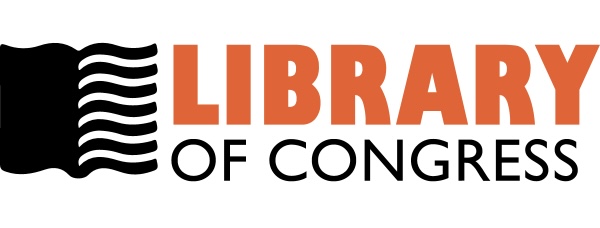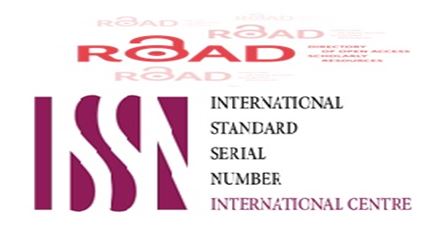Pilot Study on Neonatal Screening for Congenital Hypothyroidism in Iraq
DOI:
https://doi.org/10.32007/jfacmedbagdad.5041156Abstract
Background: Neonatal screening for congenital hypothyroidism (CH) is an essential preventive public health program for early identification of disorders that can lead to potentially catastrophic health problems
Objectives: This is a pilot study conducted to determine the incidence of CH among infants born in two major maternity hospitals in Baghdad City and to build a model for nationwide screening program.
Methods: A prospective study on screening of all newborns was conducted in two major maternity hospitals in Baghdad, from 01.12.2001 - 31.12.2002. A total of 6949 neonates were screened for CH, cord blood samples were examined for serum TSH levels by immunoflourecent method (ELIZA) and reexamined for T4 using a cutoff sTSH value of 40 mIU/L.<br
Results: Three neonates were proved to have Congenital hypothyroidism (incidence of 1: 2275), forty eight (0.7%) neonates had sTSH > 40mIU/l. Females and neonates delivered by Cesarean sections and premature neonates had a higher predilection for hyperthyrotropinaemia.
Conclusion: The incidence of CH is notably approximate to the incidence of the disease in the nearby and surrounding countries and higher than other mountainous developing countries and much higher than the incidence of CH in Europe. The present study found that neonatal screening program can be handled in the hospitals and required further coordination to adopt a nationwide screening program which must be started in Iraq. <br />Keywords: Hypothyroidism; neonatal screening; thyrotropin, cord blood <br /><br />Introduction<br /><br />Neonatal screening is an essential preventive public health program for early identification of disorders that can lead to potentially catastrophic health problems (1).The purpose of neonatal screening programs is the commencement of treatment of selected patients within the first two weeks of life (2). The majority of European and Japanese programs conduct screening by means of primary sTSH measurement supplemented by T4 determination for those infants with elevated TSH value. Newer TSH assay techniques such as enzyme linked immunoassay offer the advantage of using non-radio labeled technique and greater sensitivity with the potential for better separation between normal and abnormal TSH concentration (3). The screening tests for congenital hypothyroidism (CH) appear to serve monitoring of iodine deficiency disorders, and prevent mental retardation in infants born with this condition in developing countries (4). The screening programs for CH showed differences between different countries in the detection of




















 Creative Commons Attribution 4.0 International license..
Creative Commons Attribution 4.0 International license..


